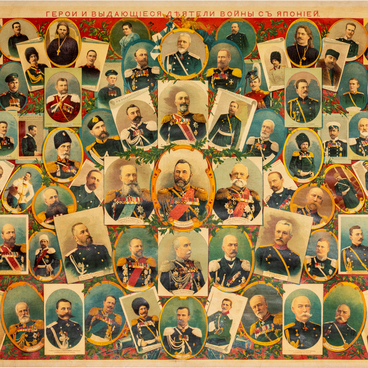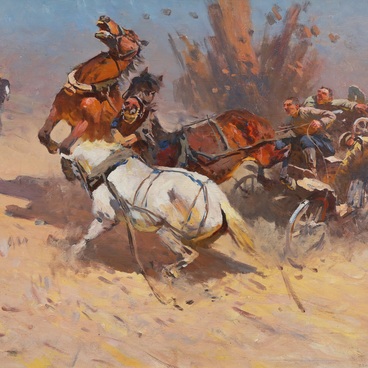The State Duma is the highest representative and legislative body of power in Russia. It passes federal laws, controls the activities of the Central Bank and the Accounts Chamber, resolves matters of international parliamentary cooperation, may declare an amnesty for prisoners and, if necessary, bring charges against Russia’s President to remove him from office.
Any Russian citizen over 21 years of age may be eligible to be a State Duma deputy if not charged with felony. Russian citizens elect deputies by secret ballot.
The word “duma” goes back to Ancient Rus’. Over several centuries, this was the name for various advisory bodies established by the country’s rulers. It was only in 1905 that the name “State Duma” emerged as a legislative body. However, the duma was abolished following the February Revolution of 1917 to be replaced by new state institutions. In the USSR, the Supreme Soviet of the USSR was its legislative body, and the Russian Soviet Federative Socialist Republic (RSFSR) had its separate Supreme Soviet.
The State Duma of the Russian Federation was established upon Boris Eltsin’s decree on constitutional reform in 1993. The elections of the 1st convocation of the duma were fixed on 11, 12 December – on the same days as the referendum on the country’s new Constitution.
It was the Constitution that enshrined the status of the State Duma as one of the chambers of the Federal Assembly – the new parliament. According to the rules set out in the 1993 Constitution, the State Duma should consist of 450 deputies and be elected every 4 years. From 2008, the term of office in the State Duma was constitutionally amended to 5 years.
The 1st State Duma passed 461 laws, of which 310 were put in place. Most of those laws regulated public controversies, which arose in the wake of the 1993 events. The 2nd Duma passed several codes at once, including the Criminal Code. The 3rd convocation was no less productive, with deputies adopting 781 laws. The 4th State Duma mostly aimed to develop measures to counter terrorism. During the 5th convocation, the deputies increased the presidential term of office to 6 years. The primary goal of the 6th Duma was to strengthen inter-parliamentary ties within the Eurasian Economic Union and BRICS.
The deputies of the 7th State Duma began working in 2016, with Vyacheslav Volodin appointed its speaker. According to him, the priority goal of the new convocation was to improve the quality and effectiveness of the laws they pass.
Russia is to hold the next election to the State Duma in 2021.
Any Russian citizen over 21 years of age may be eligible to be a State Duma deputy if not charged with felony. Russian citizens elect deputies by secret ballot.
The word “duma” goes back to Ancient Rus’. Over several centuries, this was the name for various advisory bodies established by the country’s rulers. It was only in 1905 that the name “State Duma” emerged as a legislative body. However, the duma was abolished following the February Revolution of 1917 to be replaced by new state institutions. In the USSR, the Supreme Soviet of the USSR was its legislative body, and the Russian Soviet Federative Socialist Republic (RSFSR) had its separate Supreme Soviet.
The State Duma of the Russian Federation was established upon Boris Eltsin’s decree on constitutional reform in 1993. The elections of the 1st convocation of the duma were fixed on 11, 12 December – on the same days as the referendum on the country’s new Constitution.
It was the Constitution that enshrined the status of the State Duma as one of the chambers of the Federal Assembly – the new parliament. According to the rules set out in the 1993 Constitution, the State Duma should consist of 450 deputies and be elected every 4 years. From 2008, the term of office in the State Duma was constitutionally amended to 5 years.
The 1st State Duma passed 461 laws, of which 310 were put in place. Most of those laws regulated public controversies, which arose in the wake of the 1993 events. The 2nd Duma passed several codes at once, including the Criminal Code. The 3rd convocation was no less productive, with deputies adopting 781 laws. The 4th State Duma mostly aimed to develop measures to counter terrorism. During the 5th convocation, the deputies increased the presidential term of office to 6 years. The primary goal of the 6th Duma was to strengthen inter-parliamentary ties within the Eurasian Economic Union and BRICS.
The deputies of the 7th State Duma began working in 2016, with Vyacheslav Volodin appointed its speaker. According to him, the priority goal of the new convocation was to improve the quality and effectiveness of the laws they pass.
Russia is to hold the next election to the State Duma in 2021.

